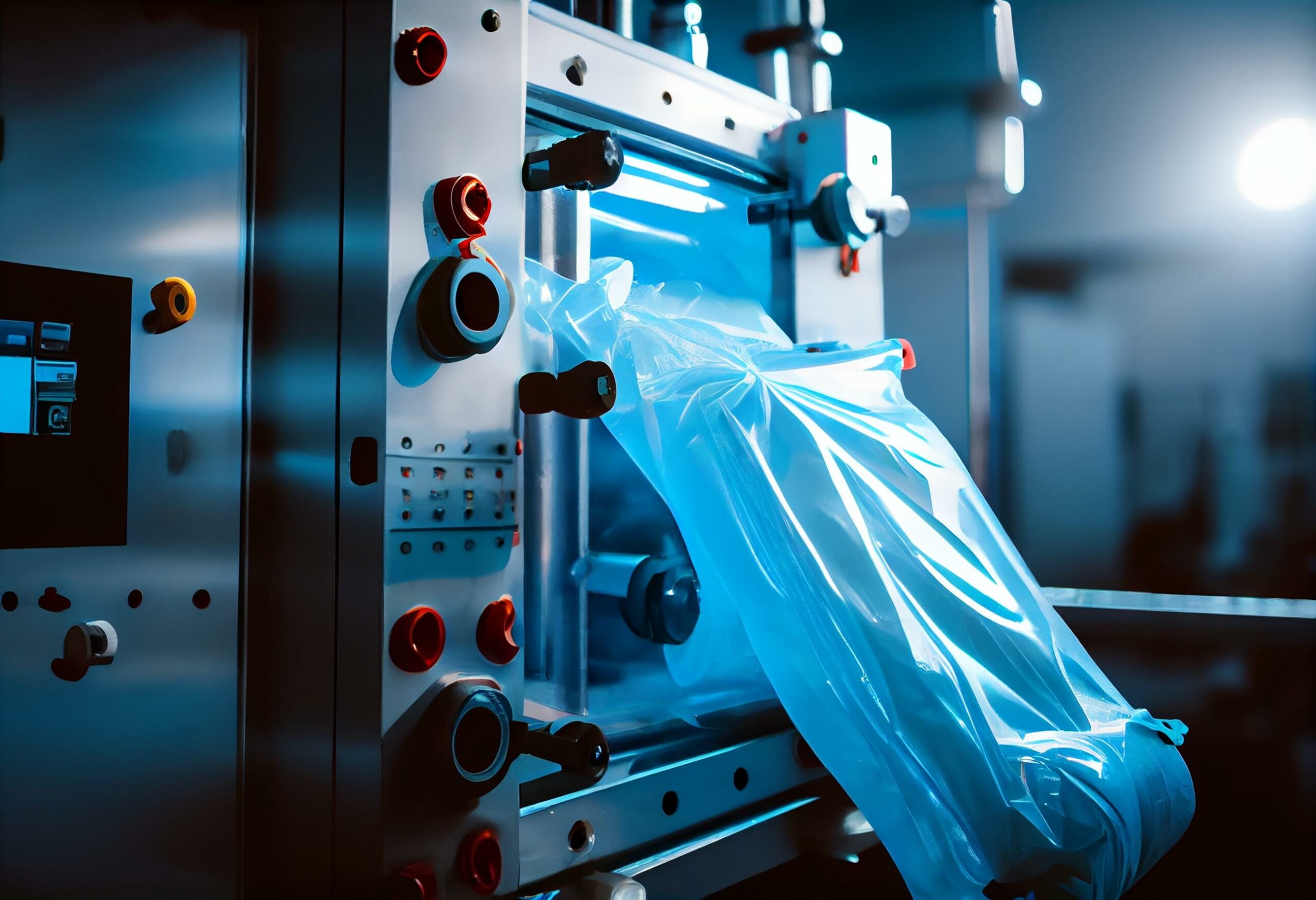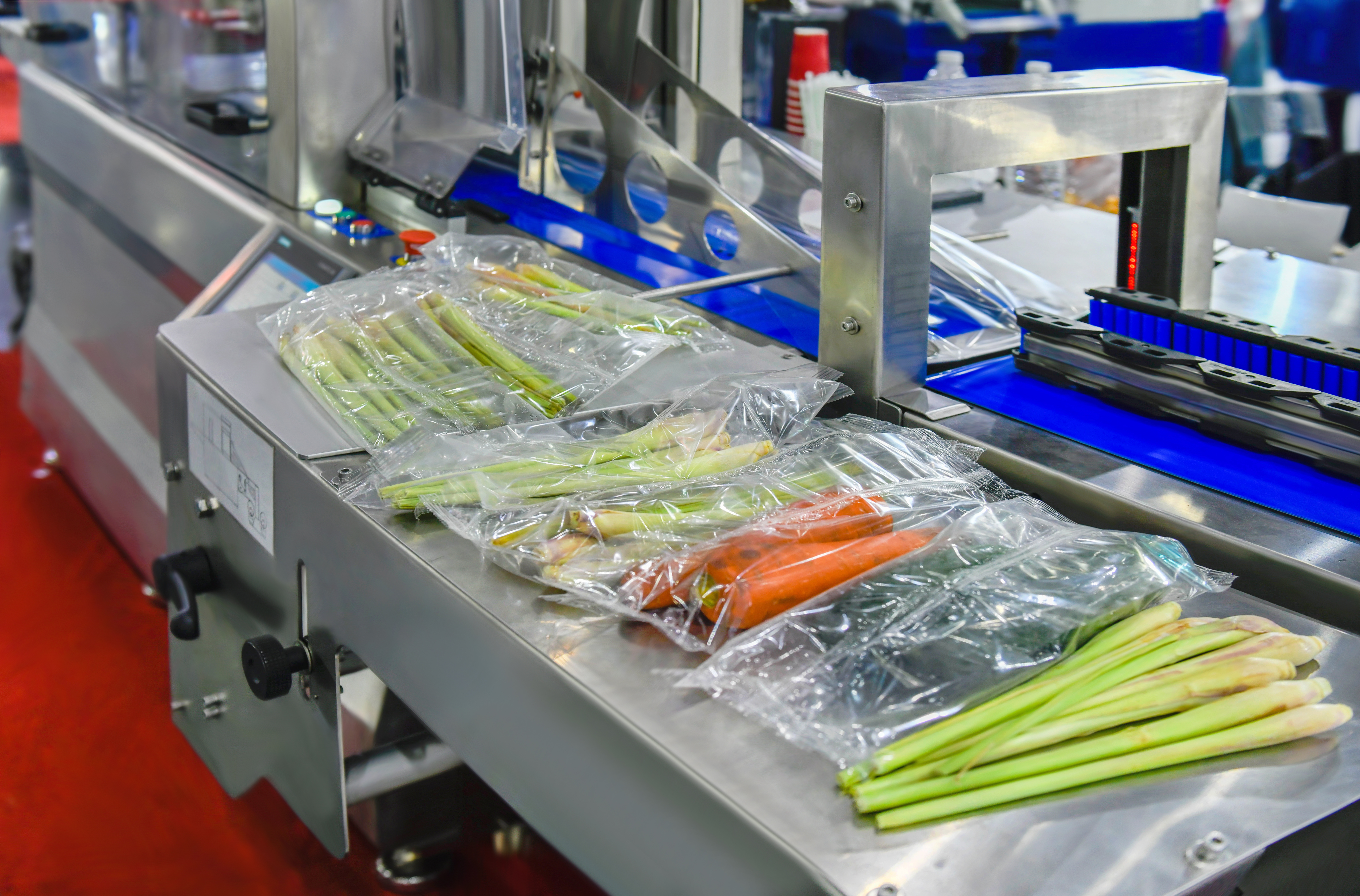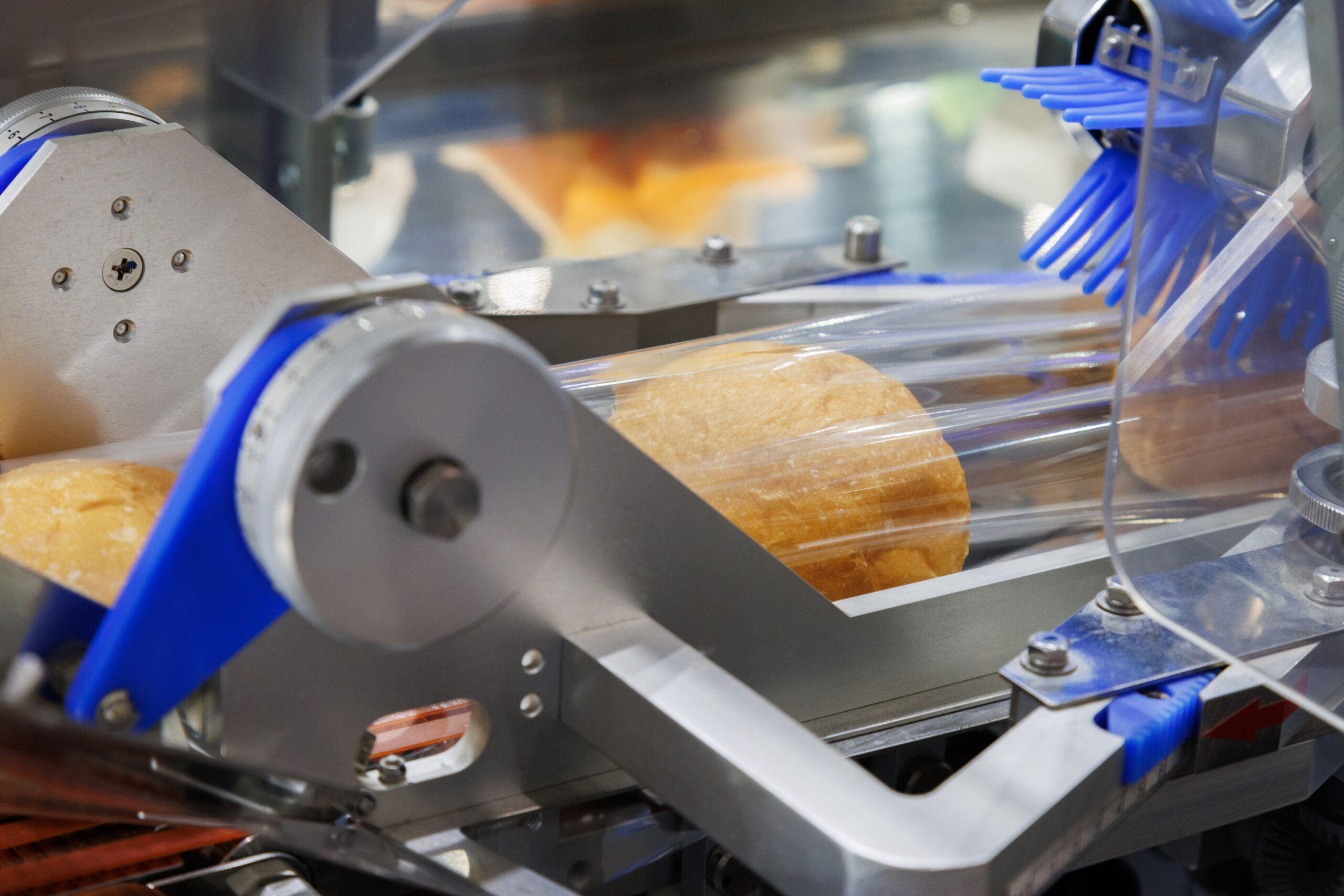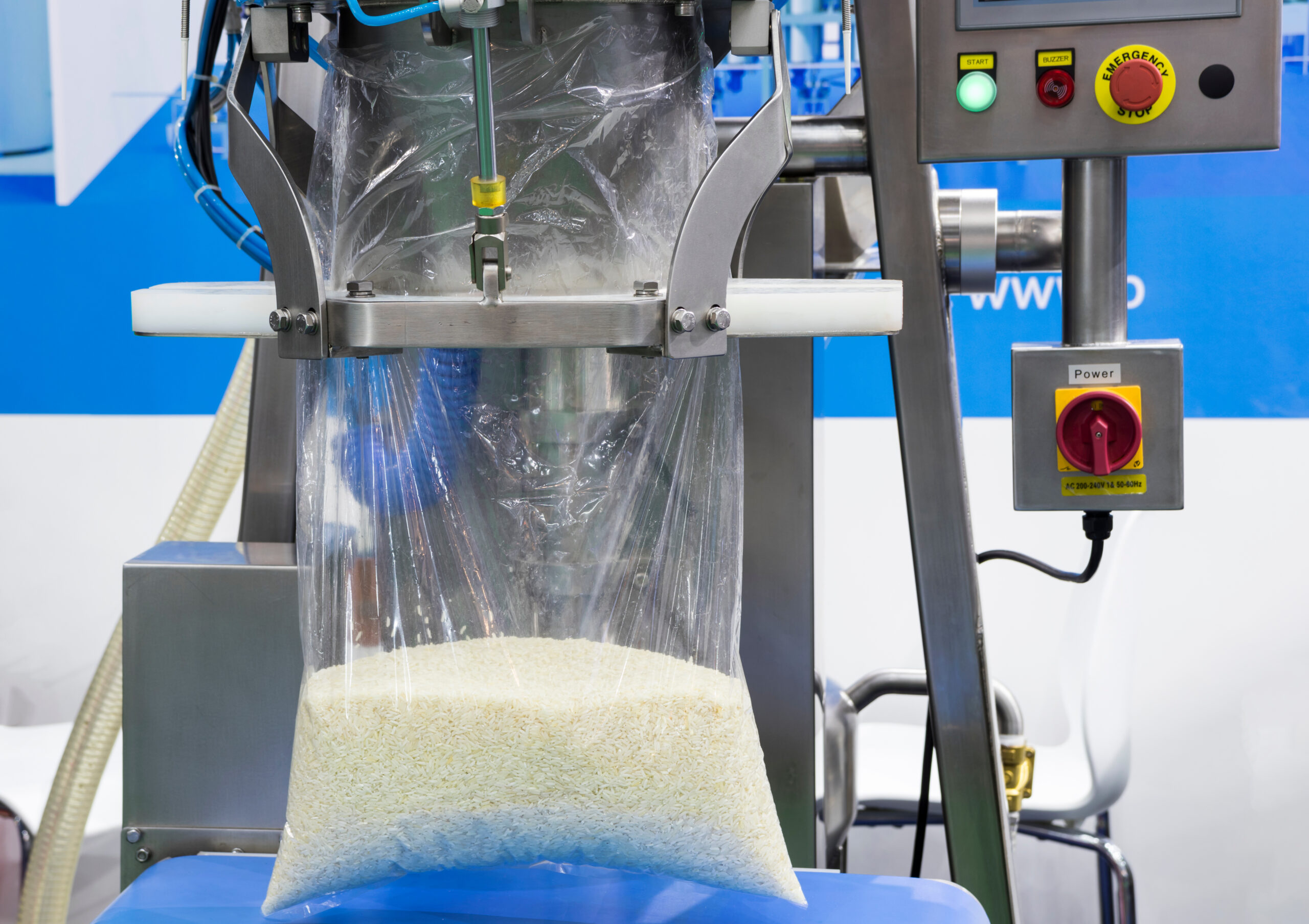 The plastic bag manufacturing industry plays a crucial role in everyday commerce, catering to a variety of sectors, from retail to food packaging. As the demand for different types, shapes, and sizes of plastic bags continues to rise, manufacturers are increasingly leveraging factory automation to improve efficiency, productivity, and quality control. However, this journey isn’t without its challenges. In this article, we explore the most prevalent issues in factory automation within this industry and how these can be effectively addressed.
The plastic bag manufacturing industry plays a crucial role in everyday commerce, catering to a variety of sectors, from retail to food packaging. As the demand for different types, shapes, and sizes of plastic bags continues to rise, manufacturers are increasingly leveraging factory automation to improve efficiency, productivity, and quality control. However, this journey isn’t without its challenges. In this article, we explore the most prevalent issues in factory automation within this industry and how these can be effectively addressed.
Boosting Efficiency and Productivity
The manufacturing process for plastic bags requires precise control over a myriad of variables – from extruder variables and sheet thickness to seal quality and shipping. Enhancing machine efficiency and overall productivity is crucial to meet these demands. By integrating motion control systems with advanced control algorithms and sensors, we can regulate these parameters in real time, reducing downtime, optimizing material usage, and streamlining the entire production process.
 Upholding Quality Control
Upholding Quality Control
Consistent, high-quality bag production is a must for ensuring customer satisfaction and cost control. Integrating advanced vision systems and sensors into the automation process can enable real-time quality control and inspection. These systems can help detect defects and irregularities in plastic bags, monitor product dimensions, and implement real-time quality control measures, minimizing rejects and costly rework.
Enhancing Flexibility and Adaptability
The diverse demands of customers require manufacturers to produce bags of various sizes, shapes, and materials. Automation systems must therefore be designed to handle these variations efficiently, allowing for quick changeovers between different bag types. This flexibility can be achieved through the seamless integration of motion control hardware and software into existing equipment.
Reducing Material Waste and Enhancing Energy Efficiency
In an era where environmental responsibility is paramount, minimizing material waste and optimizing energy usage are key concerns. Automated systems that optimize material usage and enhance recycling efforts not only contribute to cost savings but also bolster a company’s reputation as a green manufacturer. Similarly, monitoring energy usage can help identify opportunities for further savings and boost competitiveness.
 Implementing Proactive Maintenance and Predictive Analytics
Implementing Proactive Maintenance and Predictive Analytics
Unplanned machine breakdowns can lead to costly and disruptive production halts. Automation technologies such as predictive analytics, condition monitoring, and remote diagnostics can facilitate proactive maintenance, helping to schedule repairs and prevent unexpected breakdowns. Real-time monitoring of system performance can detect anomalies and provide maintenance recommendations, ensuring uninterrupted production.
Streamlining Data Management and Integration
Real-time collection and analysis of data from various automation systems are essential for process optimization and informed decision-making. Centralized data management systems can enhance operational viability and enable proactive improvements. Advanced data analysis tools can identify trends, optimize production settings, and proactively detect potential issues, ensuring a smooth operation.I’m
 Enhancing Operator Training and Support
Enhancing Operator Training and Support
Effective operation and maintenance of automation systems require skilled personnel. Comprehensive training programs and clear documentation can ensure efficient machine operation and troubleshooting. Additionally, machines equipped with user-friendly controls and visually intuitive graphic displays minimize errors and enhance operational accuracy.
Prioritizing Safety and Compliance
A safe working environment is critical in any industry. Implementing safety features like machine guarding, emergency stop mechanisms, and safety interlocks can mitigate risks. Ergonomic equipment design and thoughtful system layouts can reduce physical strain, improve operator comfort, and minimize the possibility of accidents and injuries.
Addressing these challenges can dramatically improve productivity, quality, efficiency, and safety in the plastic bag-making industry. Furthermore, it can bolster profitability and competitiveness. It’s essential for manufacturers to collaborate with automation experts to tailor solutions that fit their specific needs.
